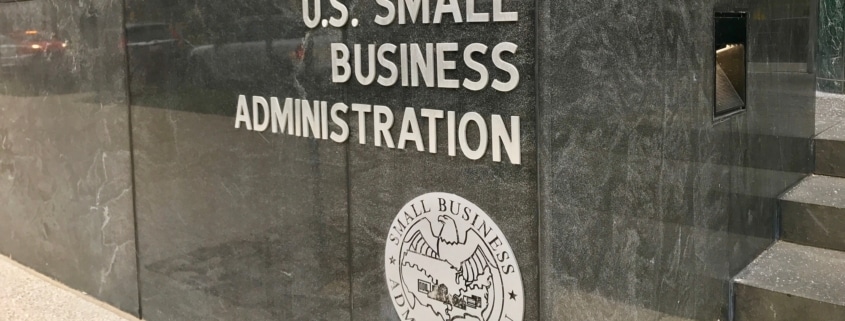How do SBA Loans Work?
If you are a small business owner weighing your financing options, it’s certain you’ve heard the term “SBA Loan” tossed around quite a bit. The Small Business Administration, however, manages several loan programs, all with their own unique use cases and requirements. Even if you’ve gotten an SBA loan in the past, you may still be surprised by how the SBA’s loan initiative truly works. From top to bottom, then, let’s look deeper into how the working capital from SBA loans goes from the Small Business Administration office to your small business. Further on, we’ll also look at the most popular loan programs from the SBA to better understand what type of loan may suit your business.
What is an SBA Loan?
At the end of the day, an SBA loan is still a business loan. This means that one party (typically called a lender) gives a pre-determined amount of money to another party, let’s call them a borrower. That borrower is then responsible for paying that principal back, often with a rate of interest. What, then, makes SBA Loans any different from a traditional business loan? There is one more party involved in SBA Loan agreements: a guarantor.
An SBA loan, then, is a traditional business loan where a portion of the principle is guaranteed by the SBA. This means that if the business can’t pay back its loan, the SBA will come in and pay back the guaranteed portion of the loan to the lender. This also means that loans backed by the SBA, like the popular 7(a) and 504 loans, tend to have more generous interest rates and repayment terms compared to traditional business loans.
What are the Most Common Types of SBA Loans?
While the SBA offers several loan programs, two are unquestionably the most popular.
SBA 7(a) Loan
SBA 7(a) loans are often the first choice of business owners looking for working capital. This is because the 7(a) program exists to promote business expansion and doesn’t restrict your spending to only real estate or repairs like other loan types. Terms for the average 7(a) loan range anywhere from 5 to 10 years. 7(a) loans are also adherent to the SBA’s set maximum interest rate which means, specifically, that 7(a) loans have an upper cap for interest. However, interest rates are negotiated between the borrower and lender, so it’s often still more than worth it to compare offers from multiple SBA lenders to see which offers you the lowest interest rate.
Business owners are often expected to front a down payment of at least 10% at the beginning of a 7(a) loan agreement. High-value 7(a) loans may sometimes require collateral, but it isn’t a universal requirement.

